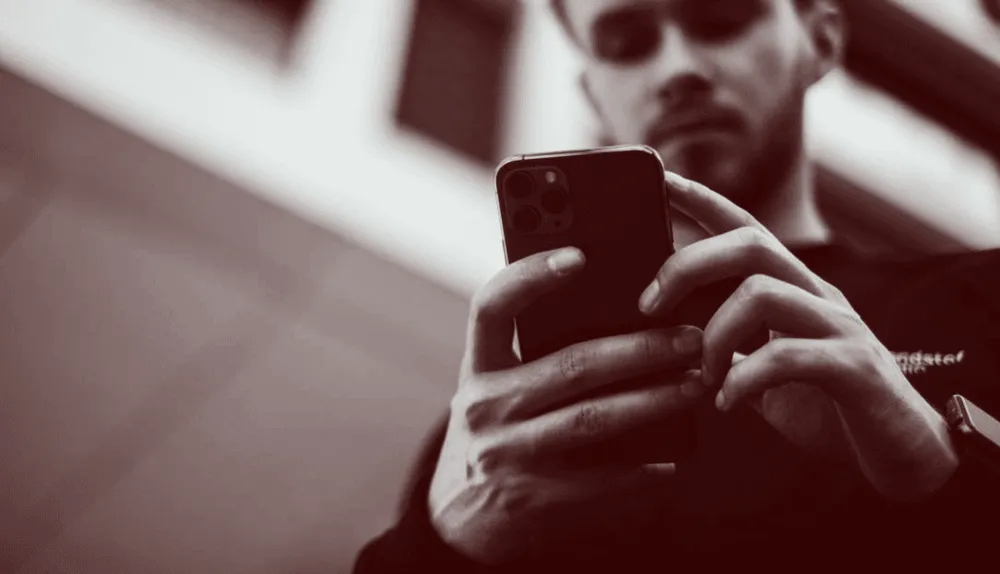FTC settles with company that facilitated billions of illegal robocalls
A voice over internet protocol (VoIP) service provider charged with sending billions of illegal robocalls was issued a $10 million penalty and is banned from supporting certain telemarketing practices as part of a settlement, the Federal Trade Commission (FTC) and Department of Justice (DOJ) announced Tuesday.
XCast Labs was accused of allowing the robocalls to flow through its network and ignoring multiple warnings — beginning in January 2020 — to stop the practice. The behavior violates the FTC’s Telemarketing Sales Rule, which mandates telemarketers disclose who they are, bars misrepresentations and blocks calls to consumers listed on the federal Do Not Call (DNC) registry.
Tuesday’s court order, issued through the U.S. District Court for the Central District of California, also imposed the $10 million fine, which has been put on hold because XCast Labs can’t pay it. The company is also required to take steps to comply with telemarketing laws, including setting up additional screening of customers and transmissions to better police illegal robocalls.
Some of the robocalls that XCast Labs was accused of facilitating involved scams from companies pretending to be government agencies, according to the May complaint. For example, some of the calls claimed to be from the Social Security Administration and warned that utility services like heat and water would be cut off unless payments were made, the complaint said. Other calls told consumers to act quickly to reverse made up credit card charges.
The robocalls featured prerecorded marketing messages, many of which were sent to DNC-registered phone numbers, the complaint said.
The illegal calls began in at least January 2018, according to the complaint, which said some of the calls marketed goods and services with a “history of deceptive sales practices,” including extended warranties for cars.
Even calls that did not fraudulently purport to be from the government did not “truthfully identify” the seller, the DOJ press release said. Instead, those calls included “false or misleading statements to induce purchases or were transmitted with ‘spoofed’ caller ID information.”
XCast kept extensive records of its transmissions, including the exact date and time of a call, the phone numbers involved and exact durations of the calls. The FTC said records produced for just three of XCast Labs’ customers showed almost two billion of the robocalls were sent to numbers included on the DNC Registry.
The FTC warned other robocallers to take notice.
“XCast was warned several times that illegal robocallers were using its services and did nothing,” Director Samuel Levine of the FTC’s Bureau of Consumer Protection said in a prepared statement. “Companies that turn a blind eye to illegal robocalling should expect to hear from the FTC.”
Suzanne Smalley
is a reporter covering digital privacy, surveillance technologies and cybersecurity policy for The Record. She was previously a cybersecurity reporter at CyberScoop. Earlier in her career Suzanne covered the Boston Police Department for the Boston Globe and two presidential campaign cycles for Newsweek. She lives in Washington with her husband and three children.



